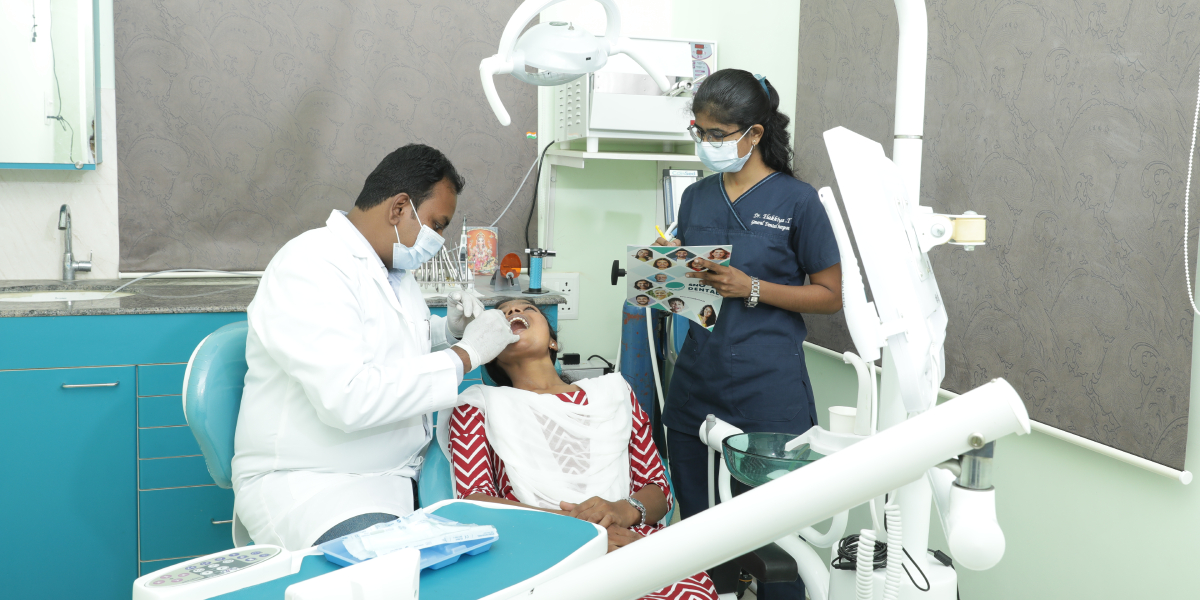The reason why you should not delay getting a root canal treatment
Delaying a root canal treatment can lead to increased pain and the risk of infection spreading, emphasizing the importance of timely intervention to preserve oral health and prevent complications.
When bacteria enter the tooth pulp and cause an abscess or infection, the tooth must be treated with a root canal, which is an endodontic procedure. To keep infection out of the root canals, the procedure involves removing the inflammatory pulp, cleaning and disinfecting the canals, and closing the canals with a filling material.
The endodontic procedure should not be delayed because:
Teeth that are damaged cannot heal if they are ignored. Some individuals may experience a false sense of improvement when their discomfort subsides after a few days. However, in actuality, the infection spreads to nerve endings, which further deteriorates the tooth's entire structure and the underlying bone.
It stops the infection from growing into the teeth next to it. If the infection is not treated, it can worsen and enter the bloodstream, causing septicemia a hazardous illness in which the infection spreads throughout the body, or potentially fatal strokes, especially in a person who is already suffering from diabetes mellitus or any other debilitating diseases.
Since the infected tooth hurts a lot, it will only get worse over time. It causes tiny pus-filled abscesses that affect the cheeks, gums, and jaw. During the process, the cause of the infection is eliminated, providing rapid relief from tooth discomfort after treatment. The root canal is regarded as a very successful, safe, and effective procedure.
The more you put off receiving the treatment, the more difficult it gets. There is a chance that the infection will worsen and the tooth will fall out completely. It is advisable to get the operation done to preserve natural teeth and avoid having to pull teeth.
Consequently, the infection will keep spreading and affecting the oral cavity's surrounding components. It can occasionally develop cysts or other formations inside the jawbone, which can cause major issues with oral health. We advise you to visit your dentist regularly every 6 months.



